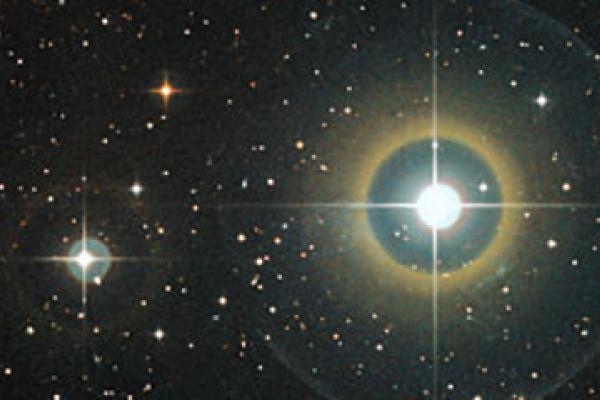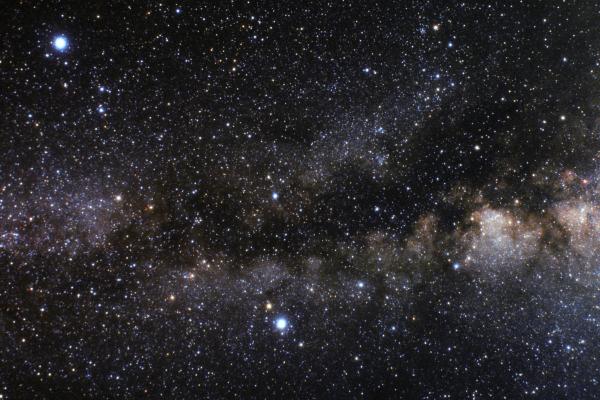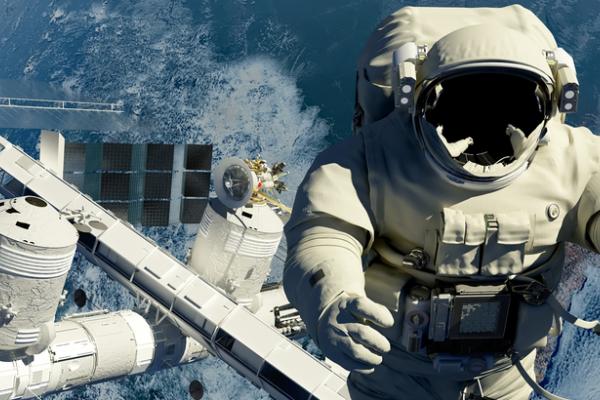Galactic filaments – the vast threads that link clusters of galaxies – may feed them with the matter required to make new stars, researchers now believe.
Despite Matt Damon’s heroics in The Martian, where he overcomes the odds to survive after being left behind during a mission to the Red Planet, EU-funded researchers reveal that we don’t have the…
Galaxies aren’t as massive as computer simulations suggested they should be – and now scientists have one explanation for this.
Observations from EU satellites are being used to help predict air quality in China as part of a new comprehensive forecast system.
Remember Gravity, the 2013 Sandra Bullock and George Clooney film where a space debris chain reaction destroys the International Space Station?
Space farming is difficult business – plants don’t grow well in zero gravity and harsh radiation damages seeds – but if researchers can get it right, it could provide food, clean water, and oxygen…
A space sensor unit that bears an uncanny resemblance to the head of a Transformer could cut the cost of interplanetary missions.
It isn’t easy to spot planets far away in our galaxy – normally we can only infer their presence, from the effect they have on their host stars. But now a group of astronomers has demonstrated an…
Astrophysicists in Germany are piecing together the final parts of a map that will help tell us whether the Milky Way suffered a massive collision with another galaxy, billions of years ago.
A human centrifuge is helping turn back the clock on space-ageing – the process by which six months away from earth can make your body seem 20 years older.














